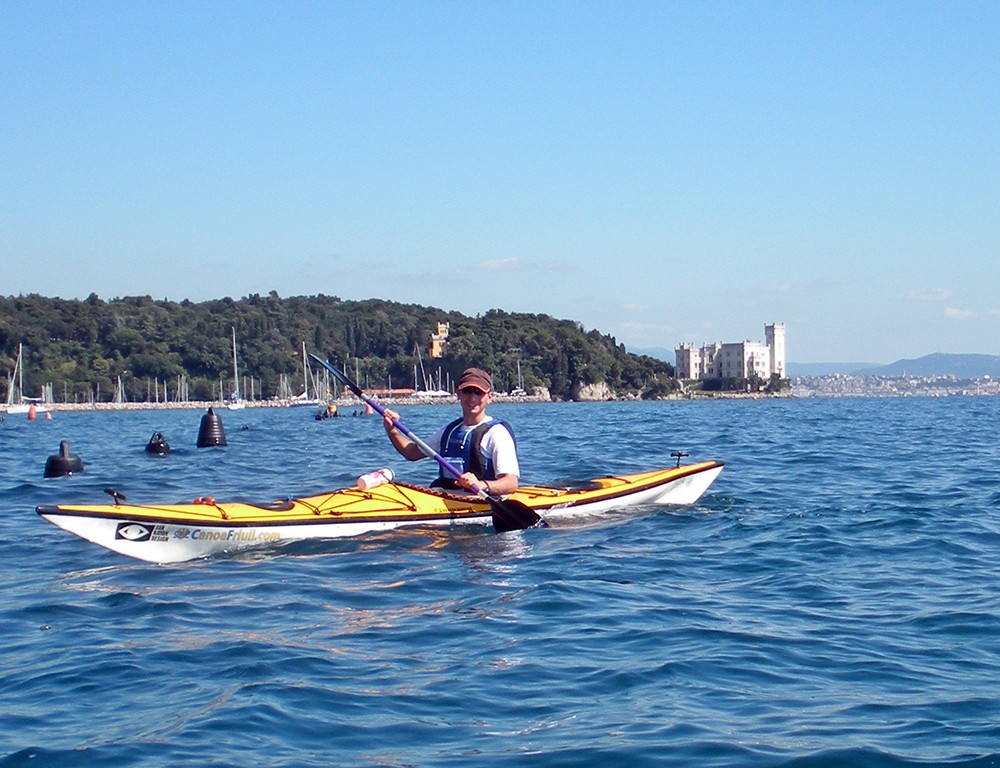Anthony Galea shares his passion for the sea
Growing up on the small island of Gozo, it was inevitable that the sea would exert a powerful influence on me. As a child I never tired of the sea, swimming, cooling off and floating on it in little boats. As I grew older, I came to see the sea as more than just a pretty playground. ‘Where do waves come from?’ ‘What generates sea currents?’ ‘How can I surf a wave?’ Were some questions that aroused my curiosity and motivated me to study the oceans, and eventually to choose to study physical oceanography and fluid dynamics.
Before commencing this journey, I read a B.Sc. (Hons) in Mathematics and Physics (University of Malta), graduating in 2008. Afterwards, I read an M.Sc. in Physical Oceanography, pursuing this qualification while working at the International Ocean Institute — Malta Operational Centre (IOI-MOC, University of Malta). One of the most interesting aspects of my research was studying storm surges around the Maltese Islands. The aim was to develop components to forecast variations in sea level around Malta.
In 2011, I was offered a scholarship at the School of Environmental and Industrial Fluid Mechanics (University of Trieste) in Italy. My Ph.D. research focused on the numerical modelling (Large Eddy Simulation) of coastal areas, in particular, the Barcelona harbour in Spain and the Bay of Taranto in Italy. My objective was to simulate the turbulent water mixing in the ports in order to understand the sea currents and circulation within the bays and thereby to quantify the water renewal within the basins.
Trieste, characterised by the bracing air of the famous Bora wind and by its splendid views of the Adriatic Sea, hosts many world renowned institutions and international organisations. Living in such a ‘city of science’ has allowed me to meet many celebrated scientists at seminars, workshops, and scientific conferences.
Through video conferencing I deliver a weekly physics study unit in Fluid Mechanics at the University of Malta. I am pleased that the beautiful blue Mediterranean waters are still motivating other Maltese students.
My interest in the sea has brought me a long way, not only academically but by experiencing new cultures and indulging my love of cycling along the karst (garigue) coastline.
But I remain at heart that same boy with a love of the sea. I look forward to climbing aboard my trusty kayak, revelling in the ebb and thrust of the rolling waves to continue exploring the rugged coastline of my beloved Gozo.





Comments are closed for this article!